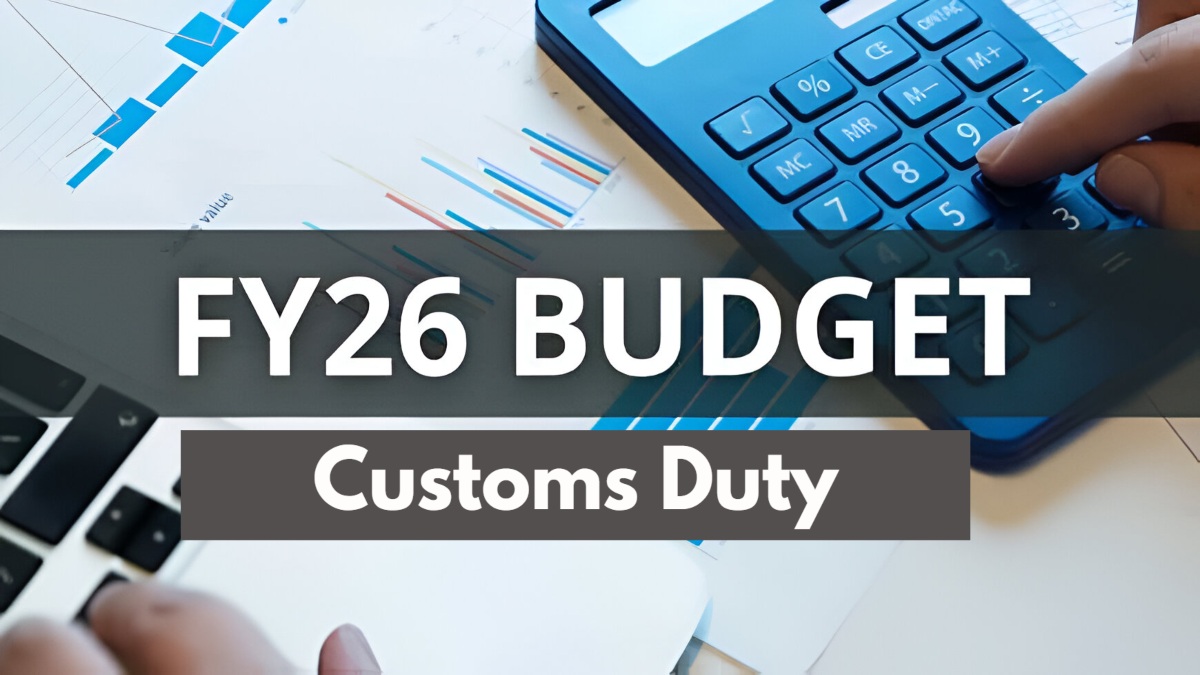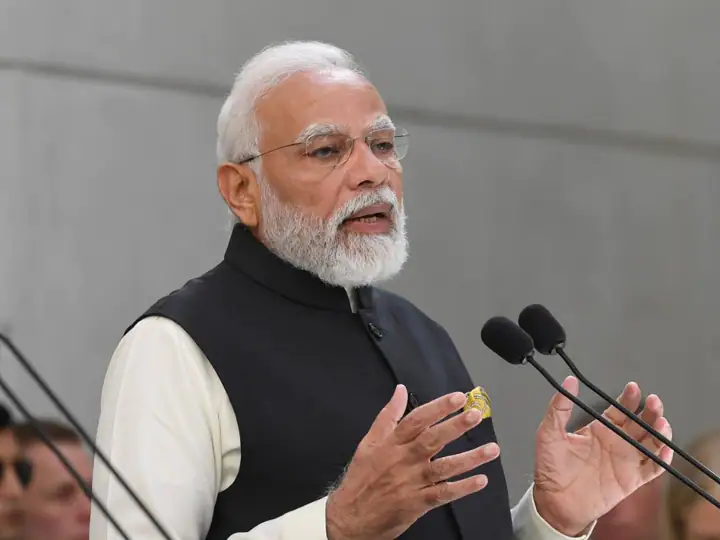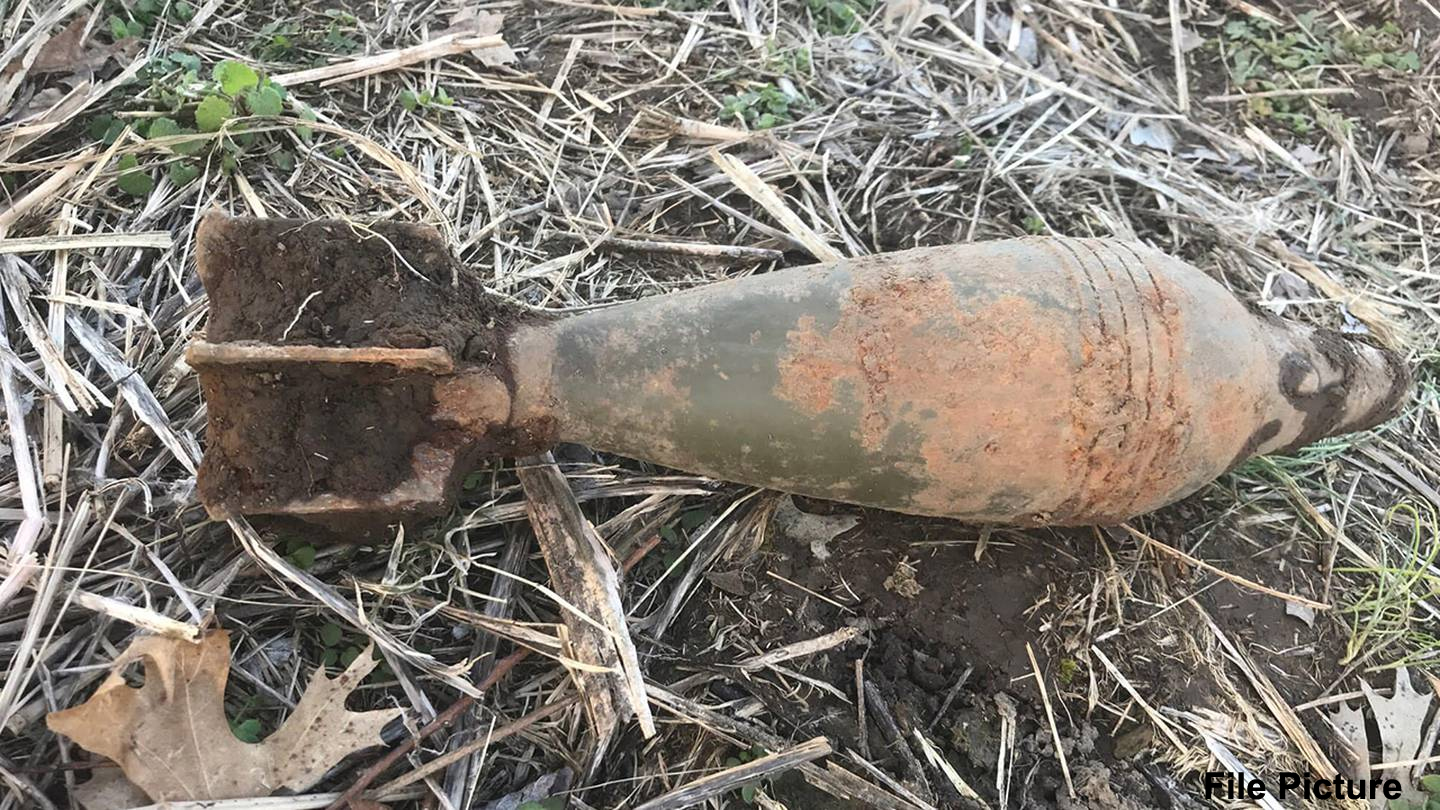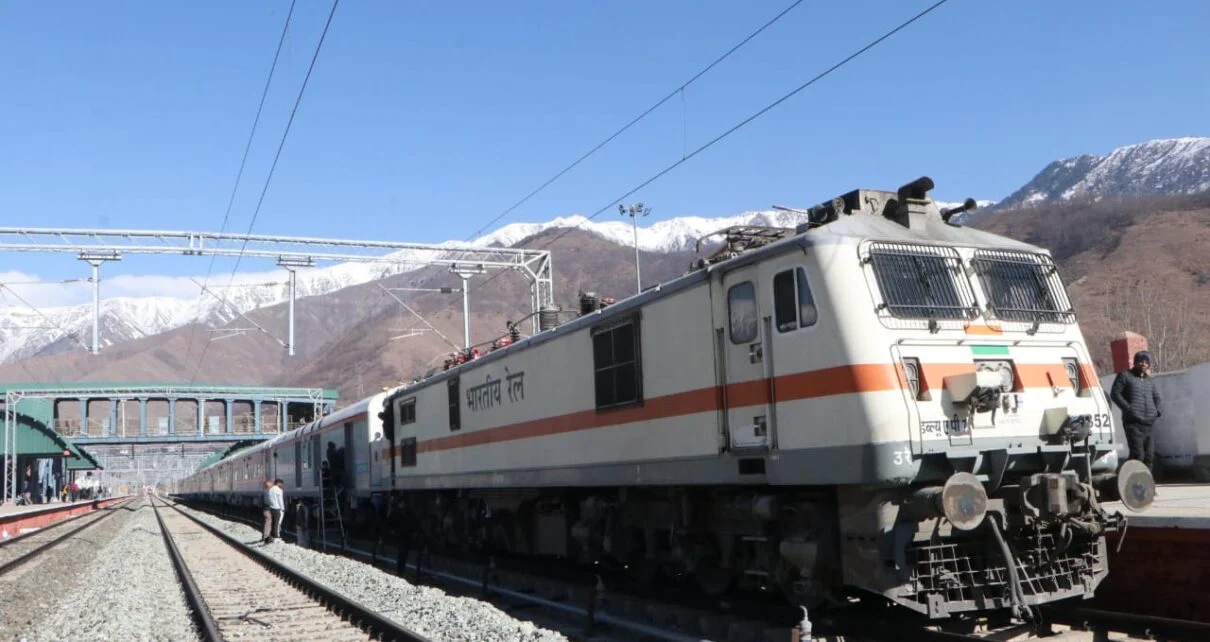The government could reduce customs duty on inputs used in manufacturing medical equipment, electronic goods and footwear industries in the forthcoming Budget to boost local manufacturing, according to tax experts. Deloitte India Partner, Indirect Tax, Harpreet Singh said key demands from the Customs side from the 2025-26 Budget, to be tabled in Parliament on February 1, would be rate rationalisation, simplification of the regime, and litigation and dispute management.”In the lines of the phased manufacturing plan, we expect some duty cuts in raw materials in electronics, home appliances, healthcare products, and pharmaceuticals. These are the industries where the government wants to give impetus in terms of manufacturing, and hence, we will see the raw materials declining in these sectors,” Singh told.
On the proposed Customs duty rationalisation announced in the Budget in July 2024, Singh said the sectors which could see rationalisation are healthcare, manufacturing of medical equipment, white goods, electronics, footwear and toys. The 2024-25 Budget announced that a comprehensive review of the Customs Duty rate structure will be undertaken over the next six months to rationalise and simplify it for ease of trade, removal of duty inversion and reduction of disputes.To reduce classification disputes, the Budget had announced a review of the customs duty rates. Currently, there are more than a dozen customs duty rates, and the government is looking at reducing the number of rate slabs to 4 or 5.
The “government may come out with different slabs for various products, depending on where it is placed in the value chain. Goods may be categorised as Value added/primary and raw material/Intermediary, and accordingly, slab rates may be fixed,” said Anurag Sehgal, Managing Director at Price Waterhouse & Co. LLP. Nangia Andersen LLP Executive Director, Indirect Tax, Sivakumar Ramjee said there is a call for simplifying the customs duty structure to minimise rate multiplicity, correct duty inversions, if any, and reduce classification disputes by way of clarification and rationalisation of duties on recyclable and reused materials to support sustainable manufacturing practices.
“What is expected is a more streamlined rate structure is expected to support domestic manufacturing and align with the ‘Make in India’ initiative,” Ramjee said. Ramjee further said that the industry anticipates the introduction of an amnesty scheme aimed at resolving long-standing customs disputes. With over 40,000 cases pending in courts and tribunals, such a scheme could reduce litigation and enhance the ease of doing business. Huge money is stuck in litigation, and the government should prudently bring a one-time dispute settlement scheme in the Customs law to settle the outstanding Customs disputes, which is increasing year-on-year, he added. Grant Thornton Bharat Partner Manoj Mishra said about Rs 50,000 crore is locked up in Customs disputes, and an amnesty scheme will help in dispute settlement.









